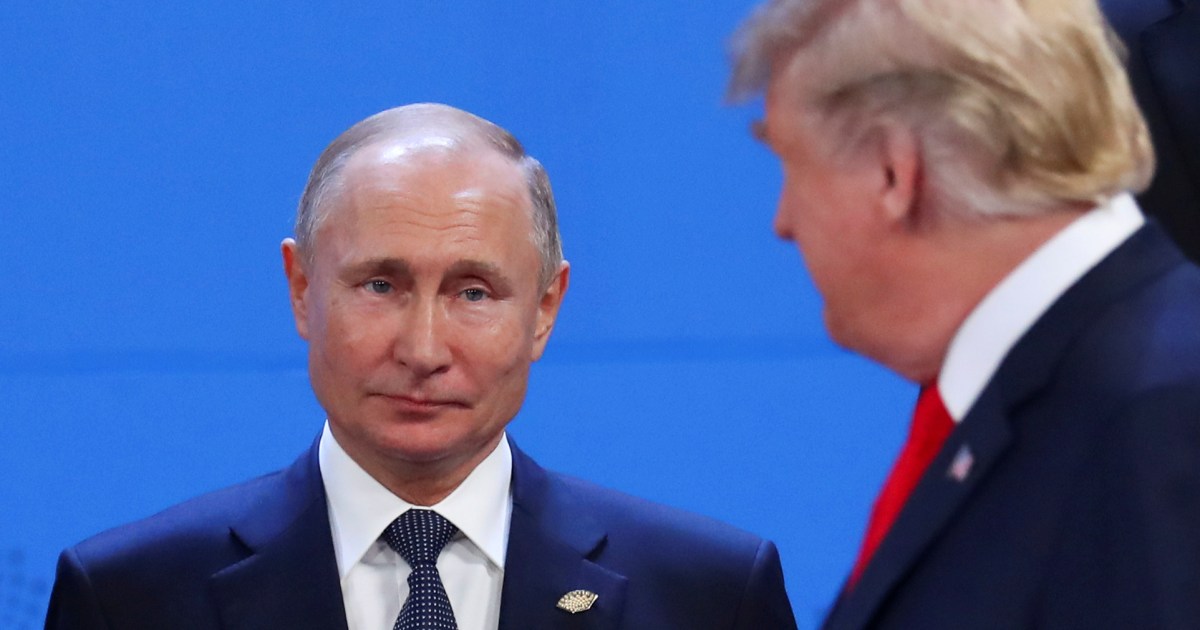On Friday, Western powers moved in an attempt to save the open skies treaty that allows verification of military movements and arms control measures by the signatories, including the United States, which intends to withdraw.
President Donald Trump announced Thursday he wanted to withdraw from the treaty, accusing Russia of violating it, saying, "As long as they do not respect it, we will withdraw."
The ambassadors of NATO member states held an emergency meeting on Friday, after which NATO Secretary-General Jens Stoltenberg said that "Russia's return to respect the treaty is the best way" to preserve it.
He added in Brussels that "Russia's current selective fulfillment of its obligations ... has undermined the contribution of this important treaty to the security and stability of the Euro-Atlantic region."
He also noted that the allies are "open to dialogue in the framework of the Atlantic Council and Russia." However, Stoltenberg did not disclose whether he intended to invite this council to the meeting.
Ten countries of the Union (France, Germany, Belgium, the Netherlands, Finland, Italy, Luxembourg, the Czech Republic, and Sweden) expressed regret over Washington's stance, although it "shares US concern about the implementation of the treaty provisions by the Russian Federation."
The signatories stressed that "the open skies treaty has been a critical element in the framework of enhancing confidence for decades, with the aim of developing transparency and security across the Euro-Atlantic region," and they recalled that withdrawal does not become final until after six months.
Among the violations attributed to Russia, prevented Allied aircraft from approaching more than five hundred kilometers from the Russian Kaliningrad enclave between Lithuania and Poland, or exceeded the border between Russia and Georgia more than ten kilometers.
Russia condemns
Moscow condemned the "absolutely unacceptable" conditions by its deputy foreign minister, Sergey Ryabkov, who also indicated "willingness to search for an agreement."
"The United States is sowing discord and suspicion among its allies themselves by taking similar decisions. It ignores the opinion of many NATO members and other signatories of the treaty," Ryabkov said.
The Open Skies Treaty was signed in 1992 in order to "enhance confidence and knowledge" of the military activities of the signatory states. It entered into force in 2002, and it includes 35 countries, including the United States and Russia.
The treaty permits joint unarmed air surveillance missions over the territory of countries, and to take pictures using pre-determined precision devices, and it also authorizes signatory countries to request images taken by other countries.

